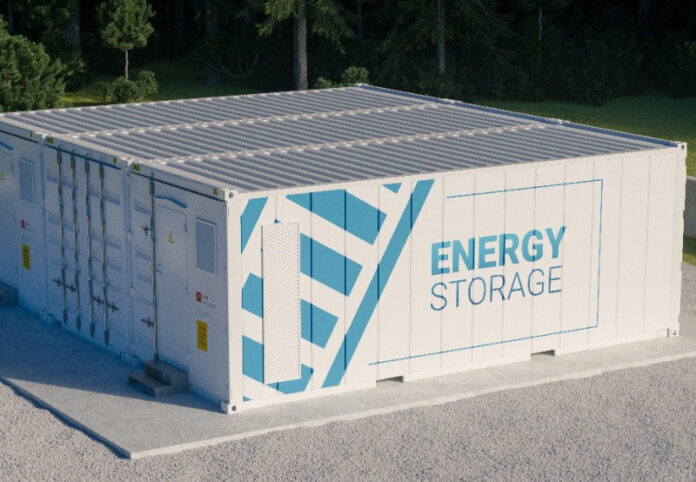The 2 initiatives are the 1,500 MW Bhavali PSP being developed by JSW Energy and the 1,000 MW Bhivpuri PSP by Tata Power.
Each initiatives are anticipated to be operational by 2028 and supply over 15 GWh of energy storage capability.
The transfer aligns with the rising want for dependable storage options in an evolving energy panorama.
These approvals had been secured with the help of the Central Water Commission (CWC), the Geological Survey of India (GSI), and the Central Soil and Materials Research Station (CSMRS).
The concurrence for each initiatives was accomplished inside ten days of receiving the finalized Detailed Project Reports (DPR) by way of the CEA’s new portal.
This improvement will contribute considerably to grid stability by addressing peak demand throughout non-solar hours and facilitating quicker integration of renewable vitality sources.
To additional bolster vitality storage capability, the CEA goals to approve a minimum of two PSPs monthly over the yr, with a goal of concurring 15 PSPs, totaling 25,500 MW, by 2025.
4 initiatives with a mixed capability of 5,100 MW have already been authorised this yr.
To streamline processes and promote ease of enterprise, the CEA has launched an internet portal, “Jalvi-store,” which reinforces transparency and expedites the pre-DPR phases of PSP approvals.
The approval course of for these initiatives has been considerably accelerated by eliminating sure procedural necessities and incorporating clear tips.
In March, the Maharashtra State Electricity Distribution Company issued a request for choice to acquire 1,000 MW of vitality storage capability for 40 years from inter or intra-state related pumped hydro storage initiatives on a requirement foundation.
Final yr, NTPC Renewable Power invited bids for growing pumped hydro vitality storage initiatives of as much as 2,000 MW capability throughout India.

